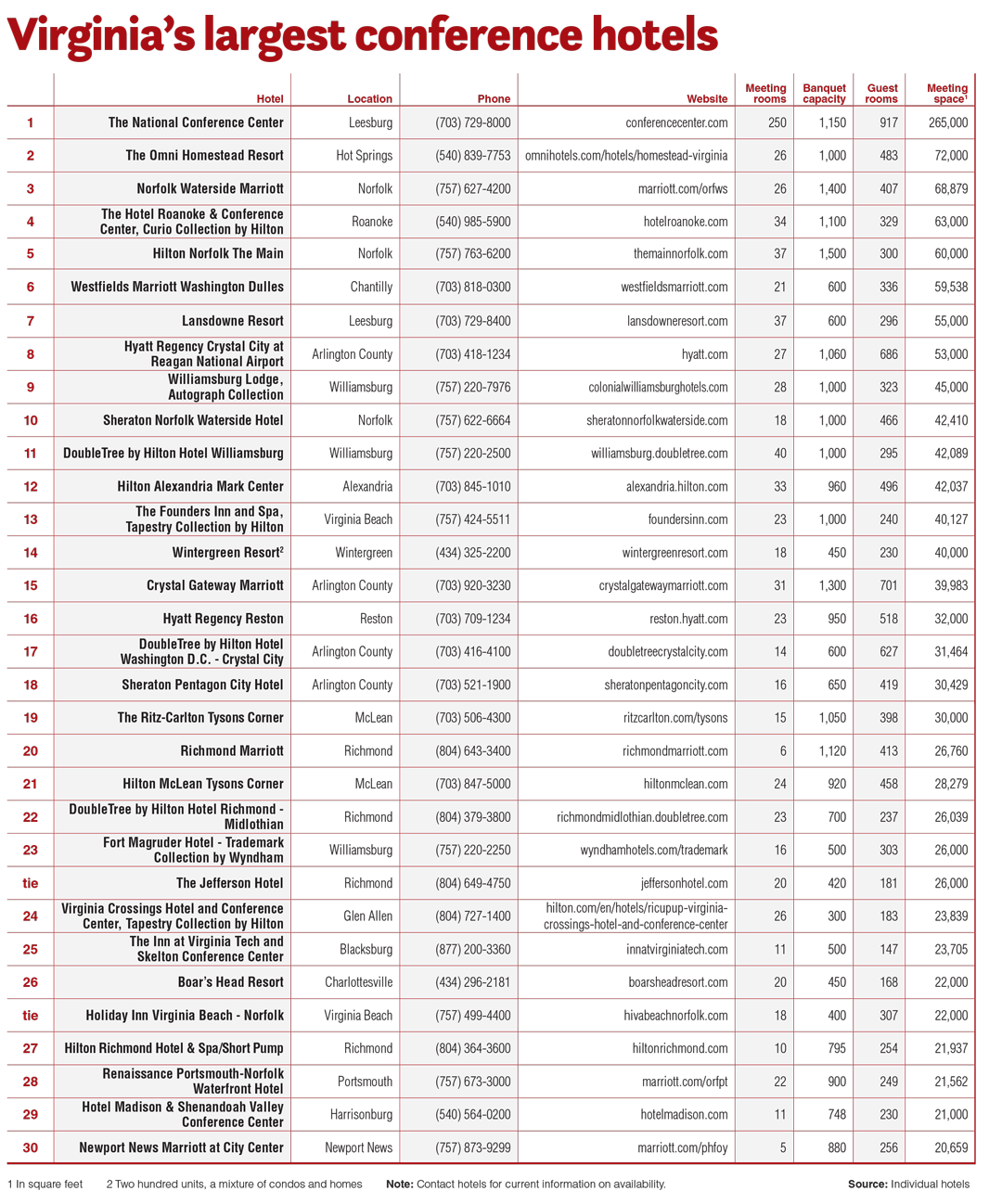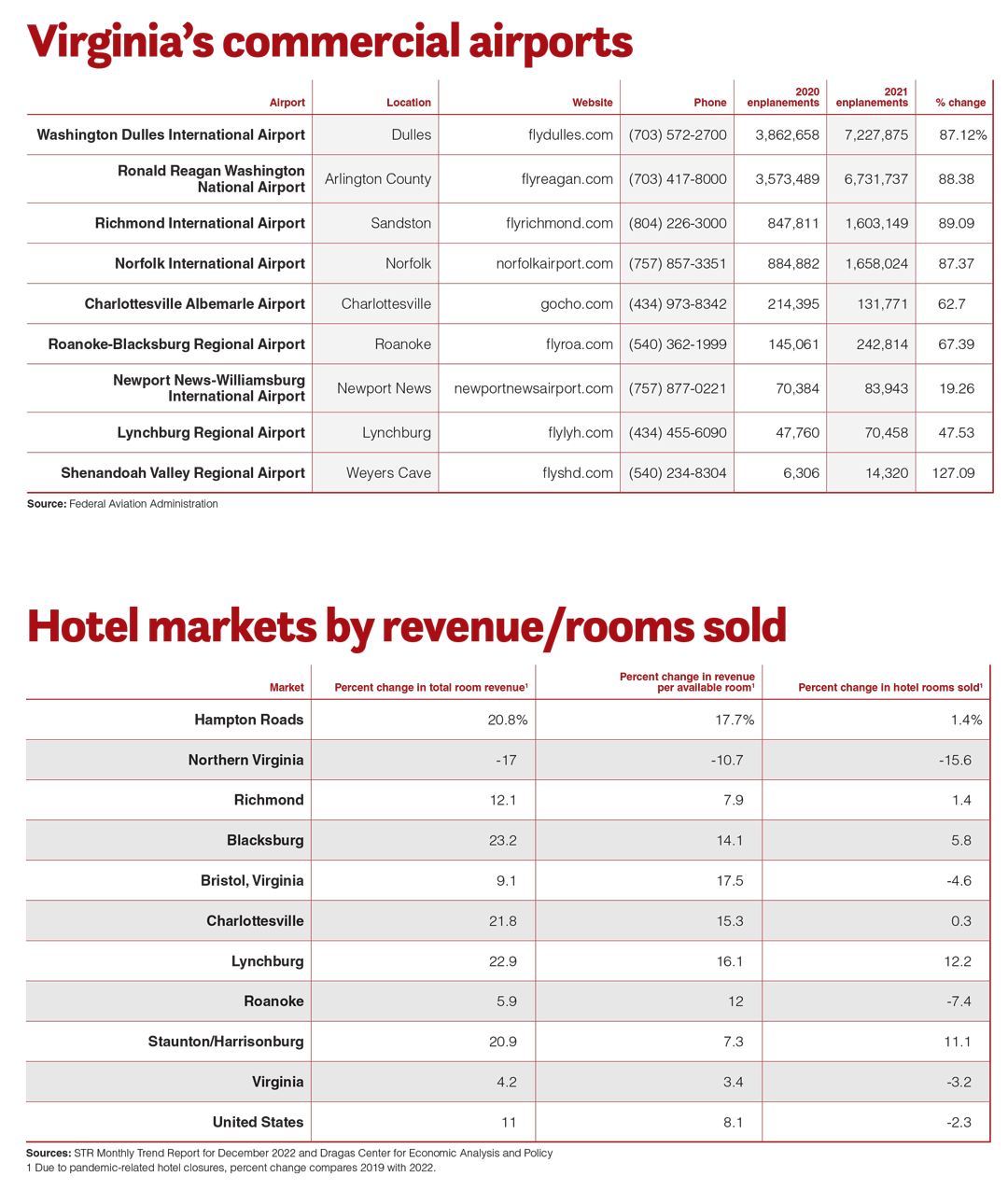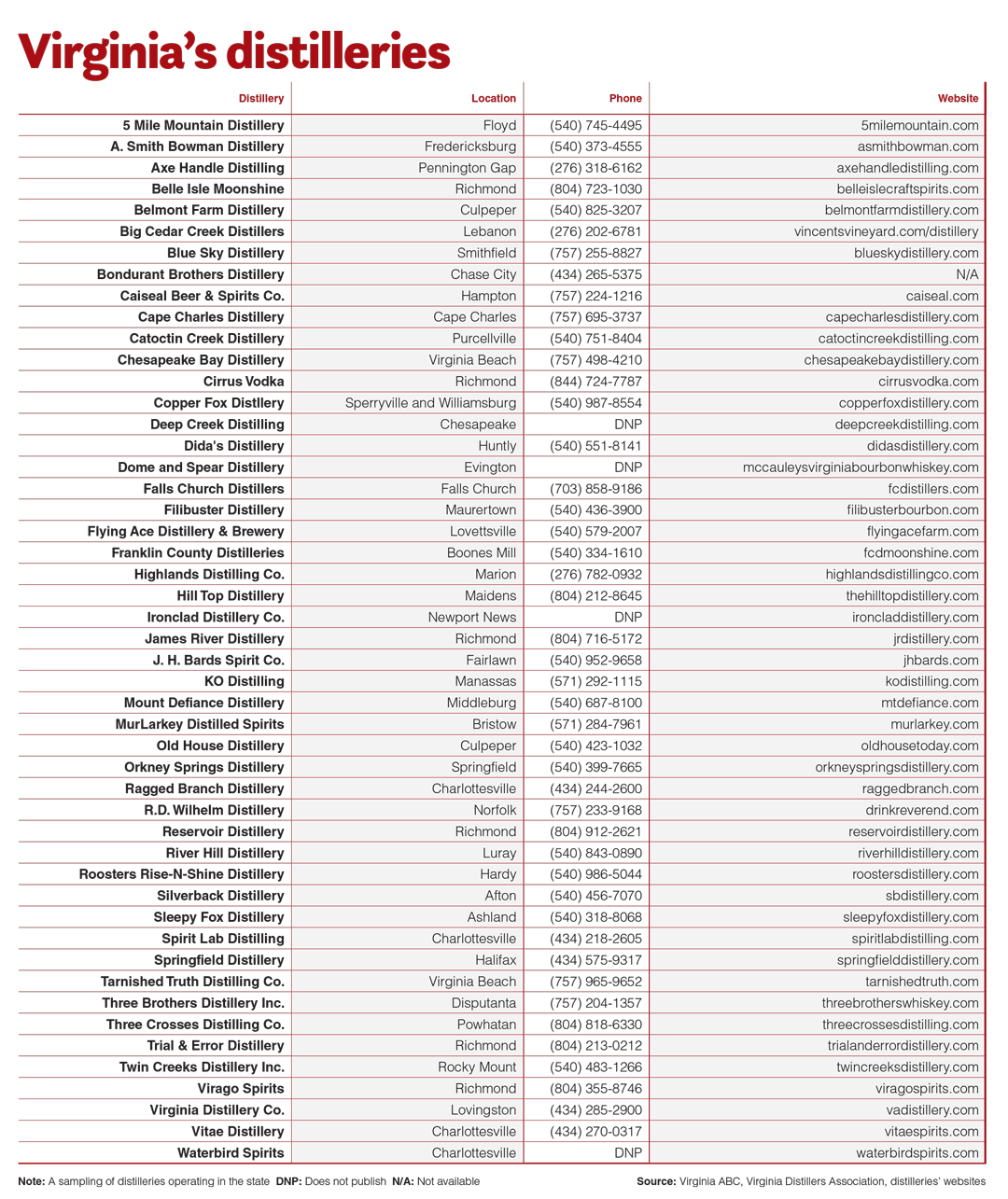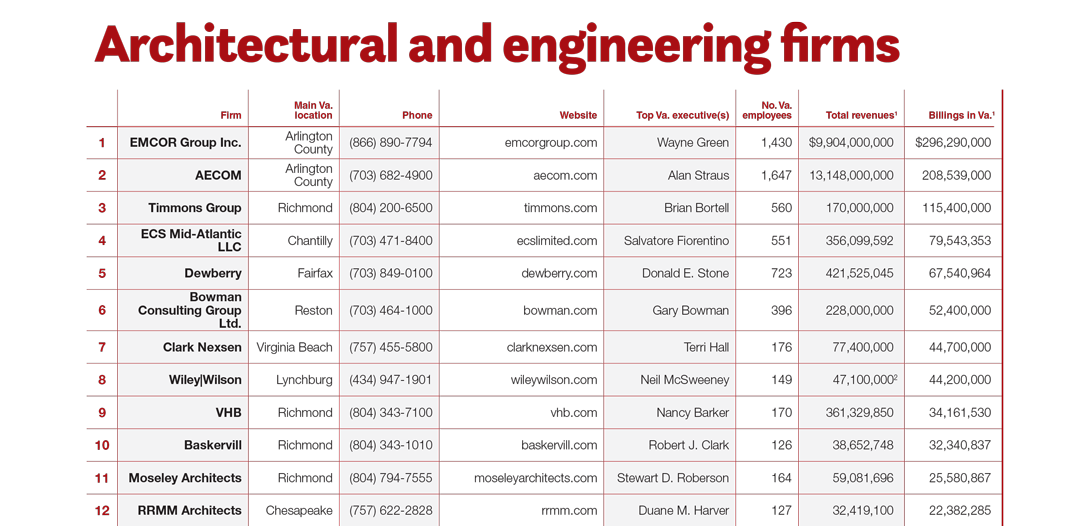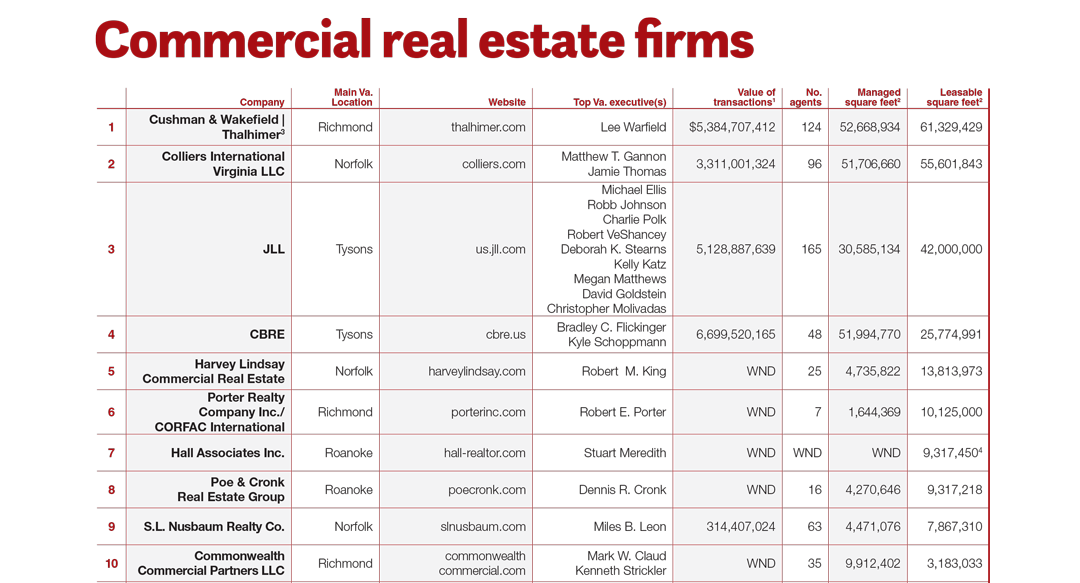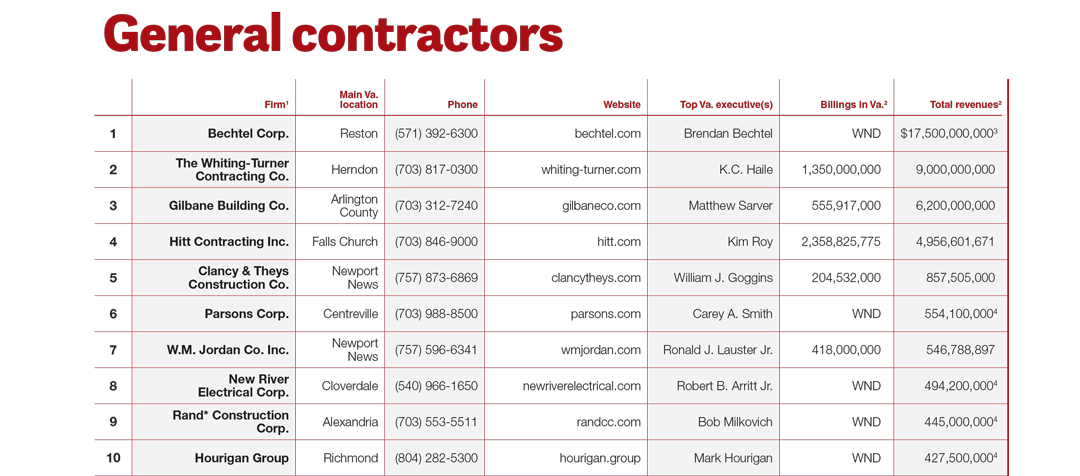Arko Corp., a Fortune 500 holding company for Henrico County-based convenience store chain GPM Investments LLC, has closed the acquisition of South Carolina-based Transit Energy Group, which is valued at $370 million plus the value of inventory.
The transaction, announced Thursday. includes 135 convenience stores, supply fuel to approximately 190 dealers and a transportation business with 58 trucks and 78 tanker trailers supporting retail and wholesale businesses in the Southeast United States.
The acquisition of TEG is Arko’s 23rd since 2013. Arko previously announced plans to acquire TEG in September 2022.
“We believe we can add value to these stores and well-known regional brands with an enhanced offering as we reset these stores,” Arko Chairman, President and CEO Arie Kotler said in a statement. “We welcome TEG’s employees to our family of community brands and look forward to working together to grow the business and provide value for customers.”
The deal is valued at $370 million, plus the cost of inventory, $50 million of which is deferred and payable in two annual payments of $25 million on the first and second anniversaries of the closing. Arko financed $90 million of the non-deferred consideration including the value of the inventory and other closing adjustments. The remaining $258 million was funded by funds managed by Oak Street, a division of Blue Owl Capital, as part of the existing $1.15 billion agreement. Arko leases the real estate assets from Oak Street.
TEG’s 135 stores include retail convenience stores including Corner Mart, Dixie Mart, Flash Market, Market Express and Rose Mart, which are located throughout Alabama, Arkansas, Louisiana, Mississippi, Missouri, North Carolina, South Carolina and Tennessee. The acquisition introduces Arko to Alabama and Mississippi.
Arko reported operating income for the fourth quarter of 2022 at $33.7 million, compared to $28.4 million in the fourth quarter of 2021. For the year, Arko’s operating income was $167 million, up from $142.1 million in 2021. Arko reported a net income of $72 million for the year, compared to $59.4 the prior year.


